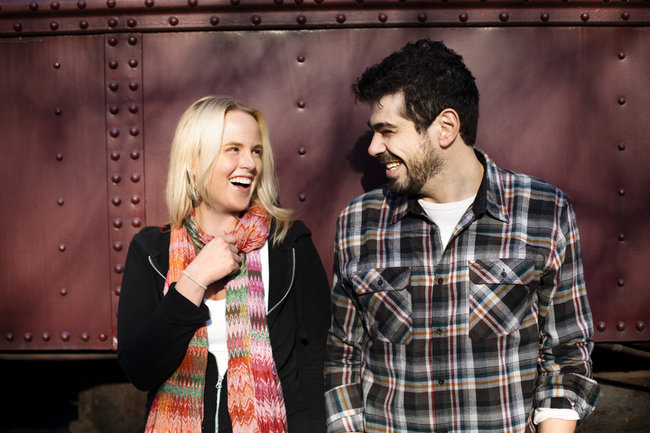Question: We aren’t dating, but we spend most of our free time together and text all the time. We call each other “best friends,” too. Some of our other friends have said it’s unhealthy and we need to set boundaries. I don’t really have a desire for a relationship, but is that necessarily a bad thing?”

Your friends’ comments stating you are in an unhealthy relationship shouldn’t be easily dismissed because you are definitely in a relationship and you do sound confused. Consider these comments from people who love you as a yellow caution light flashing. Caution lights don’t require stopping, but slowing down to see if there is any impending danger.
Undefined relationships often lead to unnecessary drama and pain. If you are in an undefined relationship with which you are uncomfortable, you need to accept some of the responsibility for it because you haven’t expressed your concerns about the status of your relationship.
If your interests are purely for a friendship, it can be confusing when you get mixed signals. For some, mixed signals consist of frequent or daily calls (for example, more than your same-sex friends), hanging together a lot, etc. In churches, “spiritual dating” often happens under the guise of a prayer partner of the opposite sex.
A DTR? For Friends?
When becoming friends, defining your relationship is essential. Seldom can every possible relationship scenario be covered ahead of time. Also understand that people come from various backgrounds, so differences will occur.
An effective method of handling mixed signals is immediately talking about what just occurred that for you created a concern that your friendship is going to a new level, which you as friends haven’t discussed. My advice is to talk about everything and assume nothing because most people are poor mind readers.
Alleviate all of your guessing, stressing, and asking all of your same-sex friends to interpret what happened when you were with your new friend of the opposite sex by simply asking your friend about what just happened. Explain to your friend how it made you feel and why. Allow your friend to be the expert on his or her motive for what just happened. As two friends, make the necessary adjustment. This process eliminates a lot of unnecessary drama and sleepless nights.
What Are You Calling “Spiritual Dating”?
Otherwise you might find yourself in a “spiritual dating” situation like Leslie, who was heartbroken after having a “pseudo relationship” with a guy friend. In her innocence and willingness to help her friend, Leslie regularly prayed with him, listened and encouraged him, had numerous phone conversations, dinners and attended church together. Sometimes, while sitting together at church, Leslie’s friend would tap her knee or put his arms around her. An older single woman without much male attention lately, this aroused her romantic feelings. Her hopes of a dating relationship ended when he told her he was dating and ended up marrying someone else.
Leslie could have told her friend that, for her, his tapping her knee and putting his arms around her gave her mixed signals. Her response should have initiated a conversation about the exact state of their relationship as soon as possible. Leslie could have explained that such touching, from her perspective, was causing her to question herself, “Was their relationship changing into something deeper?” He may have said, “I do this with female friends, but it doesn’t mean anything to me.” Then she could have responded, “I’m sorry, but it does to me. Touching means a lot to me. So if we’re not going to a deeper level, I’ll need for you not to do that with me please.”
Talk About Everything?
At that point, everything would be on the table. His nonverbal (body language) response, as well as verbal, would inform her as to how he is really handling her concern. His verbal and body language can also reveal where their friendship is presently as a result of their conversation.
The same is true for guys. For many guys, frequent calls and hanging out aren’t issues. But the touching can be a problem for some. Ladies, when you are touching guys’ legs or laying on them, those can be mixed signals. Guys need to discuss these actions too.
You might not want to hurt your friend, you don’t know how to set boundaries in a healthy way, or you may be afraid to set boundaries because you fear losing your friend—in such situations, eventually someone will be hurt. It is less painful if you are honest about your feelings as soon as something that makes you uncomfortable occurs. If you aren’t honest initially, your friend may feel deceived. If you are afraid to set boundaries, ask yourself why.
Applying boundaries in friendships with the opposite sex also includes respect, respect for your friend and for yourself. Healthy relationships require open and truthful communication, an invaluable asset.
*For more info, check out the chapter, “Relationships With the Opposite Sex that Work: Friendships,”in Clarence’s book, Single and Free to Be Me.
Photo credit: Cavan Images